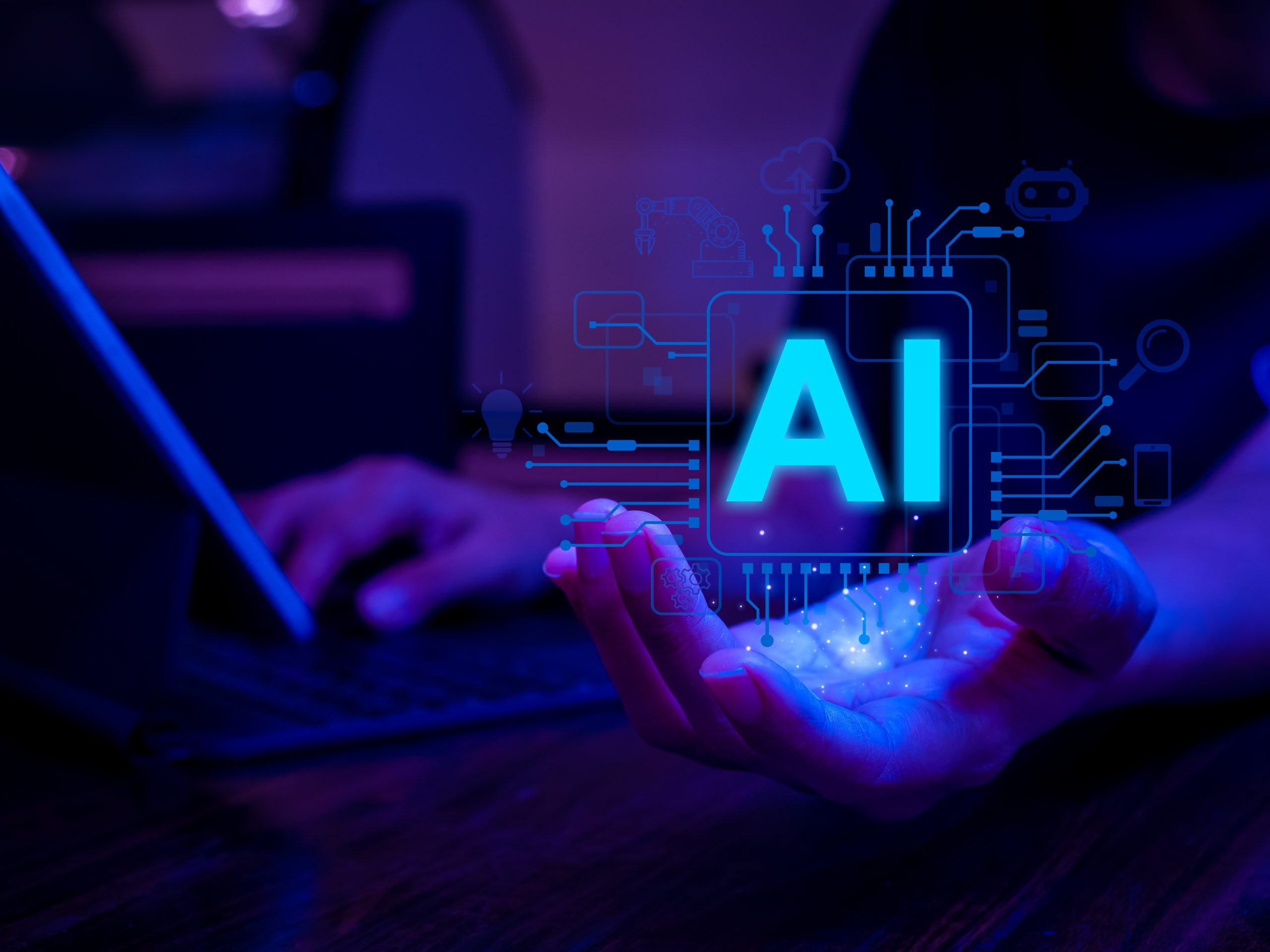Brazil’s National Data Protection Authority has issued a preliminary ban on Meta’s use of personal data from users in Brazil to train its AI systems, citing the risk of irreparable harm to fundamental rights. This decision follows concerns raised by Human Rights Watch about the use of Brazilian children’s photos for AI tools, potentially leading to malicious activities like deepfakes.
The Authority emphasised two key points from Human Rights Watch’s recommendations: the need to protect children’s data privacy to prevent exploitation and harm, and respecting the purpose limitation principle regarding users’ expectations of privacy when sharing personal data online, which in some cases has been years before the AI systems were built.
Following the new ban, Meta will have to pay a fine of about US$9,000 if it fails to comply within five working days from notification of the decision.
Meta has been using the publicly posted personal data of its US-based users to train AI models for a year. It paused its plans to do the same in Europe and the United Kingdom after objections from 11 data protection authorities.
Overall, Brazil’s regulatory action marks a proactive stance to safeguard data privacy amid evolving AI uses, particularly aiming to shield children from potential misuse of their personal data on Meta’s platforms.
